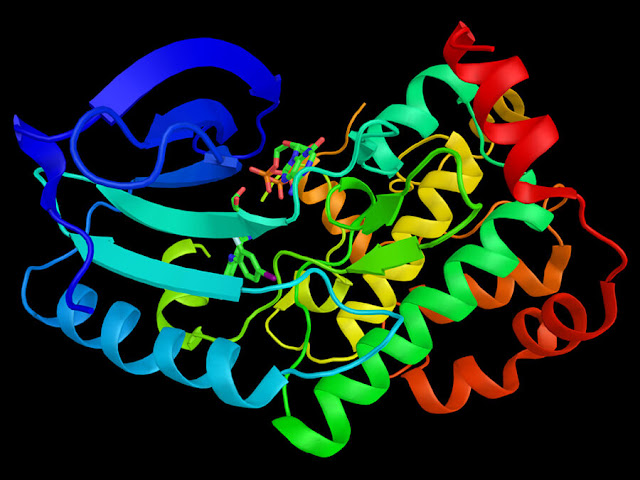Dual specificity protein kinase TTK is an enzyme which is involved in catalysis and signaling and is important for chromosome segregation. It is phosphorylated on serine/threonine by a specific kinase. Phosphorylation facilitates the alignment of chromosomes on the metaphase plate and progression of the cell cycle. It is essential for proper attachment of the mitotic spindle. Targeting TTK with drugs or immunotherapy could effectively block chromosome segregation during mitosis.
Dual specificity protein kinase TTK gene showed that knocking down the gene increased GBM tumor formation in vivo. In this study, 2 GSCs were transfected with siTTK or a control lentivirus. In the presence of TTK, siTTK-transfected GSCs experienced more rapid tumor formation and shorter survival. It was concluded that TTK is required for the growth of GSCs and tumorgenesis.
In a recent study, researchers investigated the effect of TTK knockdown on tumor formation in vivo. They used two different GSCs (GSCs) and compared them to GSCs that did not have siTTK-transfection. The cells that were injected with control lentivirus showed less tumor formation and more survival. The study found that TTK is required for tumor formation and proliferation in GSCs.
The gene is required for the growth of GSCs. It can also be used as a marker for disease. The dual specificity protein kinase TTK can be expressed in several types of tissues and can be found in human cells. The expression of the gene in different tissues in the body is highly regulated. In the same study, the expression of TTK knockdown in GSCs inhibited the growth of GSCs.
The gene, also known as monopolar spindle 1, encodes a phosphorylated protein kinase. It is important for cell proliferation and tumor development. In a mouse model, TTK knockdown increases the activity of aurora kinase B. However, it has not been demonstrated to affect the growth of GSCs in humans. Although it is associated with tumors, it remains ambiguous regarding its functions and its role in GBM.




0 Comments